
About
About the Center
Our collective work is intended to promote equity across the educational pipeline by supporting efforts that facilitate integration through an inter-disciplinary approach that bridges research and practice in three main areas of focus and activities.
Our Mission
Our mission is to be a hub for the generation of knowledge and coalition-building among the education and civil rights communities to promote research-based actions that address the complicated nature of racial and ethnic inequality in the 21st century.
Mission Goals
-
Address sources of contemporary racial inequality
-
Support integration across the educational pipeline
-
Promote democratic goals of education
Primary Activities
We achieve our goals through contributing to research, fostering collaboration, and promoting change.
Research Areas
-
Pre-K-12 integration policies and practices
We focus on empirical analyses of policies that may ameliorate existing patterns of segregation. We also examine school choices of various kinds (magnet schools, charter schools, etc.) and their relationship to diversity.
-
College Access and Equity
We focus on the implementation of higher education policy and practices for historically marginalized students of color in response to recent court decisions. We also perform empirical analyses to better understand the influence of the current legal environment on educational access to higher education.
Center History & Today's Needs
Purpose
The Center for Education and Civil Rights (CECR) was created to address ongoing school segregation. Public education is one of the few public institutions in which the vast majority of Americans participate, playing a critical role in shaping our society.
Even 70 years after the Brown v. Board of Education decision, many Black and Latino students still attend schools that are segregated by both race and poverty, and Latino students often face language segregation, too. Although there are important instances where students of color thrive in schools where they are the majority–particularly under strong leadership that adopts empowering and culturally relevant curricula with experienced teachers and sufficient resources–there is no denying that segregated schooling in this country is associated with inequitable educational opportunities and outcomes for students of color. These schools typically have fewer resources, less experienced teachers, and harsher discipline, all which lead to worse outcomes for students over their lifetimes.

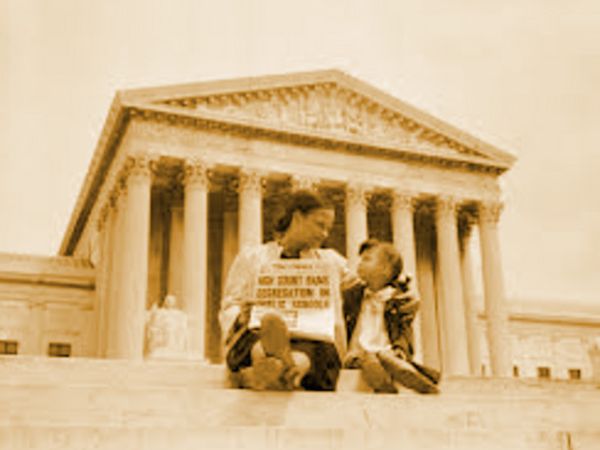
To create a fairer education system and a stronger democracy, CECR works to promote school integration. Integrated schools help reduce inequality and prejudice, build understanding across different backgrounds, and prepare students to thrive in a diverse society.
Founders
Dr. Erica Frankenberg and Dr. Liliana Garces founded The Center for Education and Civil Rights at Penn State in 2015. In establishing CECR, these co-founders channeled years of experience working together on research and outreach regarding education and civil rights.
One of their first collaborations included the writing of a social science statement submitted by 553 social scientists in the U.S. Supreme Court’s voluntary desegregation case, Parents Involved in Community Schools v. Seattle School District No. 1 (2007). The social science statement was the fifth of its kind to be filed in the history of desegregation cases, with the first submitted in Brown v. Board of Education (1954).

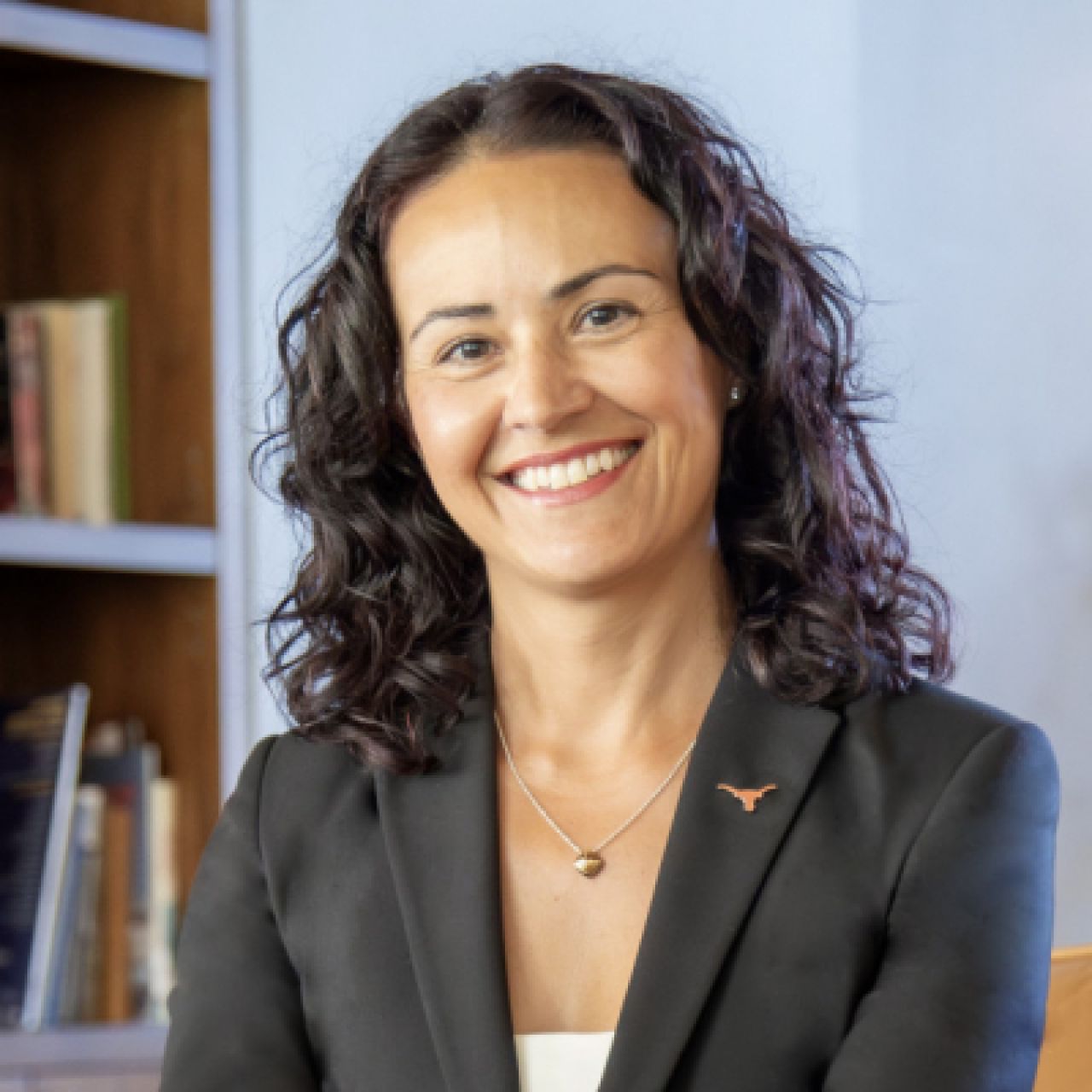
Dr. Erica Frankenberg, CECR Co-Founder & Director
Dr. Liliana Garces, CECR Co-founder
Together, with Megan Hopkins, they edited the book School Integration Matters: Research-Based Strategies to Advance Equity (Teachers College Press, 2016) and have published many peer-reviewed articles, reports, and popular press pieces together and individually since.
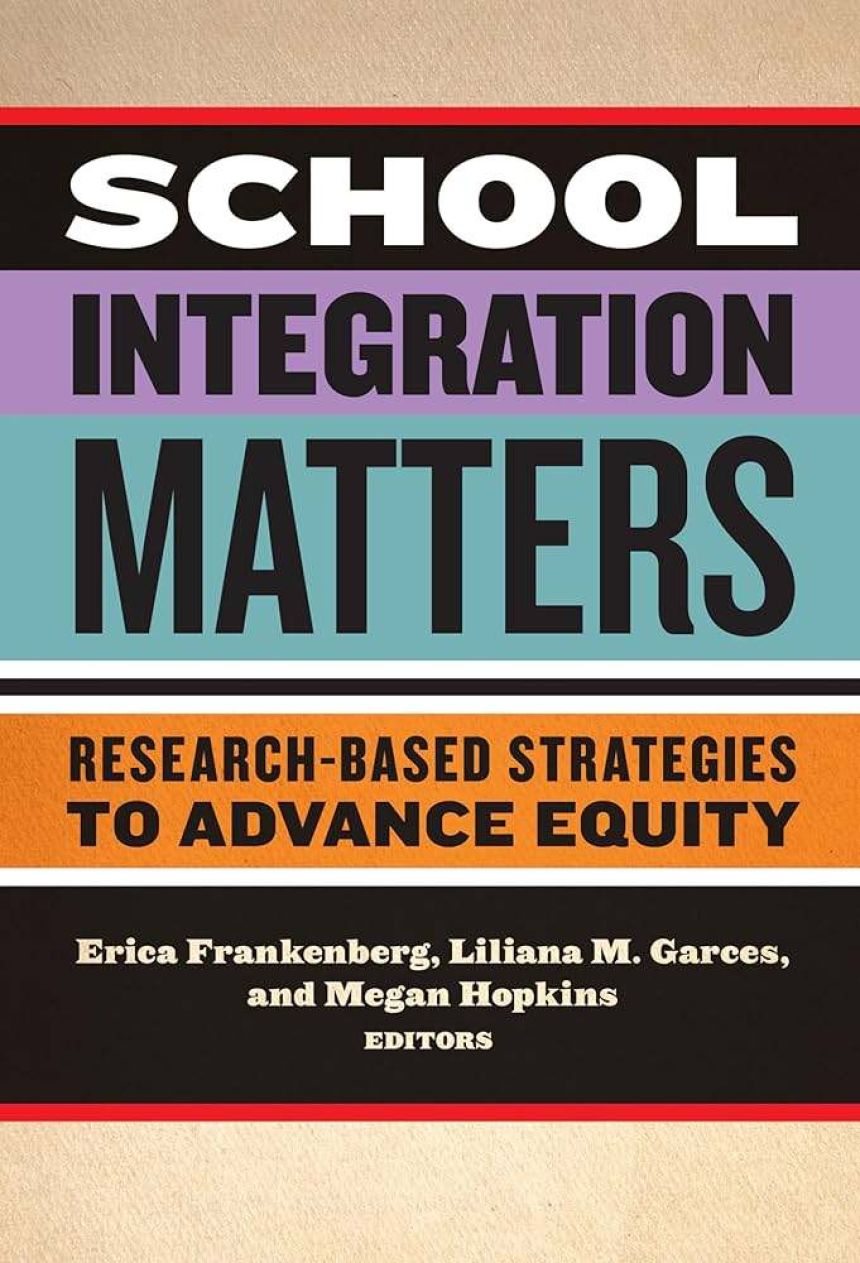
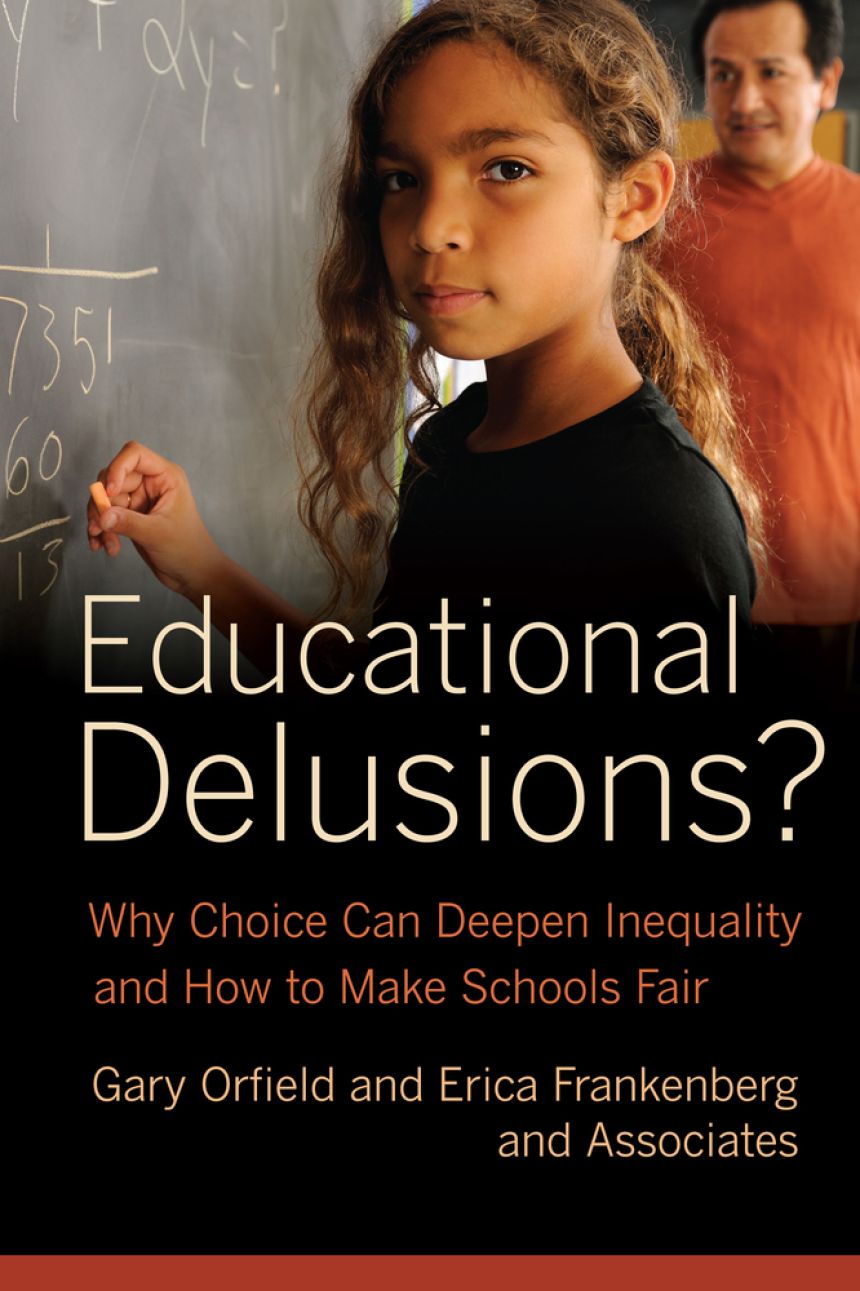
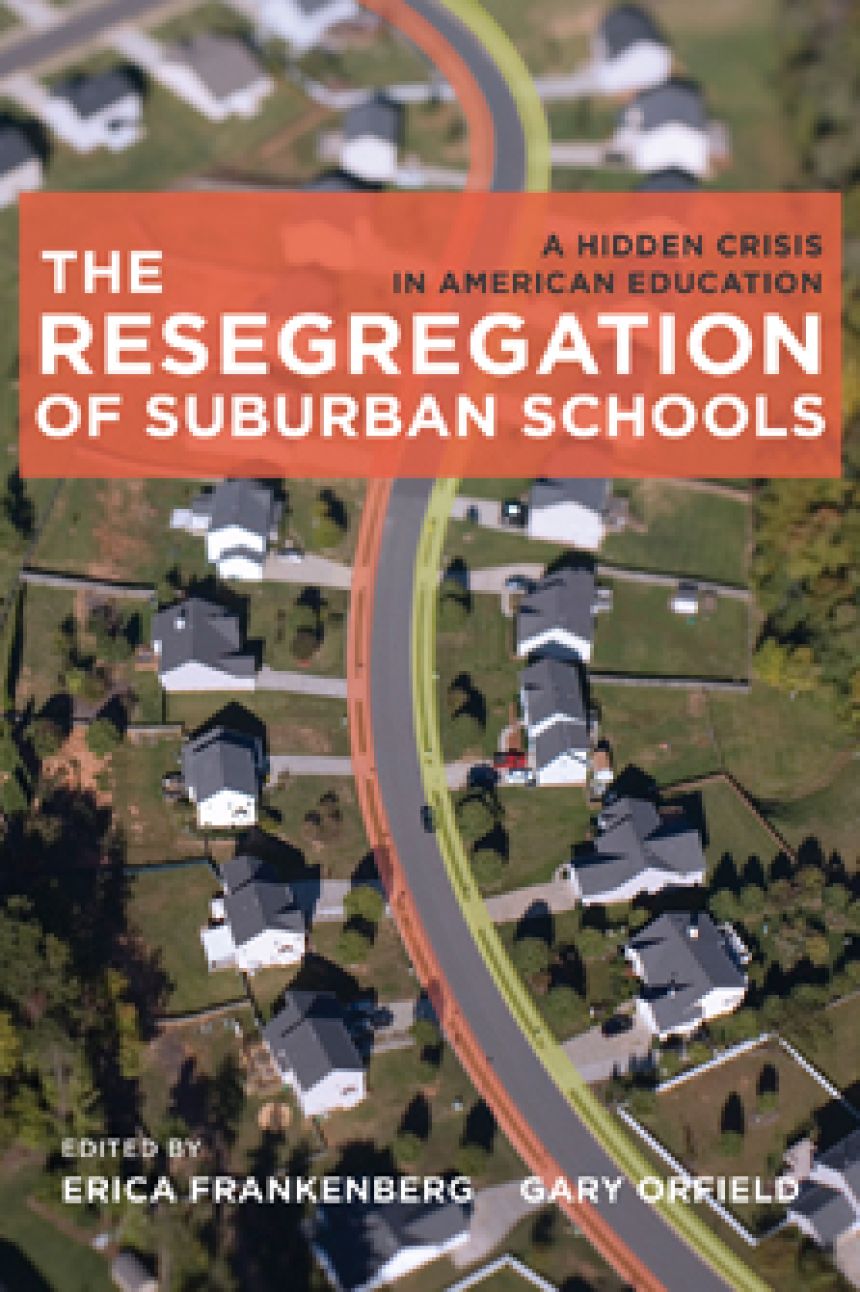
Rooted in democracy
Based at Penn State University, we support democratic values that are central to the mission of public universities. After a polarizing presidential election that has incited hateful incidents in our schools and communities, we have a renewed sense of purpose in our mission to promote racial equity and to preserve the basic civil rights and liberties that form the foundation of democracy in our multiracial society. Read the full Statement from the Center for Education and Civil Rights Regarding the U.S. Supreme Court's Decision about Diversity in Higher Education.

Subscribe to the CECR Newsletter
Stay up-to-date with news from the Center for Education and Civil Rights by signing up to our newsletter.
View past issues & subscribe

